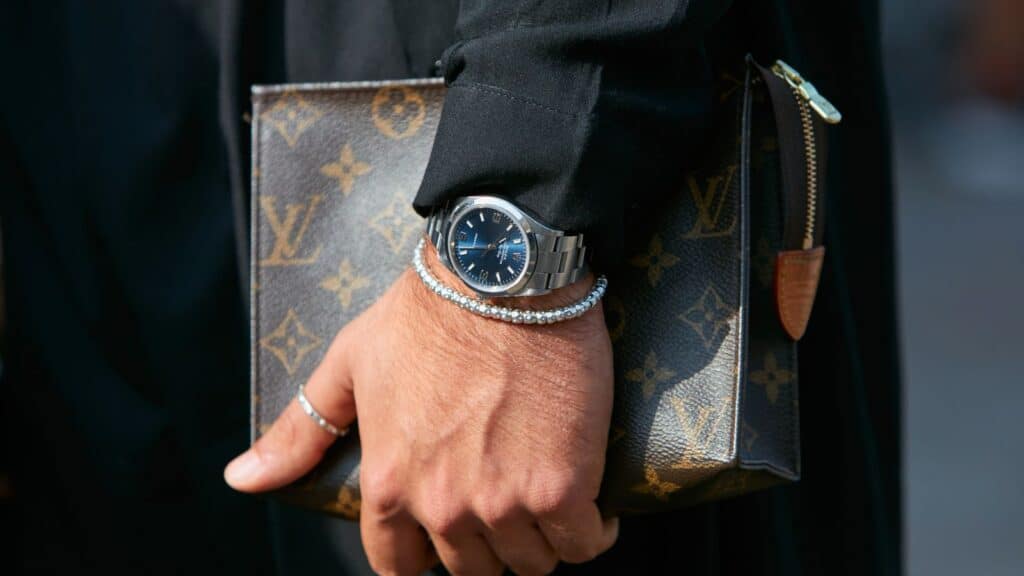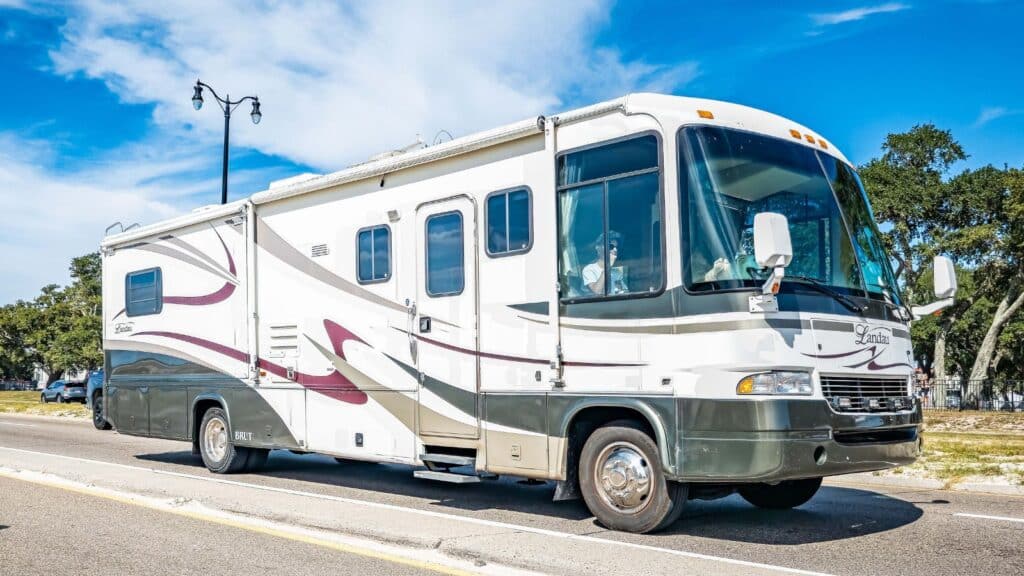Some purchases feel exciting in the moment but lose value almost immediately. These big-ticket items may seem like investments, yet they rarely pay off. Instead of appreciating over time, they often become financial burdens that are hard to recover from. Here are seven costly things that don’t hold their value the way people expect.
New Cars

A brand-new car is one of the fastest depreciating purchases you can make. The moment you drive it off the lot, the value drops, sometimes by as much as 10 percent in the first few minutes.
💸 Take Back Control of Your Finances in 2025 💸
Get Instant Access to our free mini course
5 DAYS TO A BETTER BUDGET
Within the first year, many new cars lose 20–30 percent of their original value, and after five years, the average car is worth less than half of what was paid. This steep decline happens even if the car is well maintained and driven responsibly.
While cars are necessary for most households, buying brand new is rarely a wise financial choice unless you plan to keep the vehicle for a decade or more. Many people save thousands by purchasing a certified pre-owned car that’s only a few years old and has already absorbed the heaviest depreciation.
Luxury Watches

Luxury watches are marketed as timeless investments, but in reality, very few hold or grow in value. Unless you buy an ultra-rare brand, such as certain Rolex or Patek Philippe models, resale prices are often far below the original purchase cost.
Retail markups, wear and tear, and changing style preferences all chip away at value. Many people discover that their “investment watch” sells for pennies on the dollar when they try to resell it. For collectors who deeply understand the market, watches can sometimes appreciate. But for the average buyer, these timepieces function more like jewelry or status symbols than true financial assets.
Unless you have expertise and a willingness to treat it as a hobby, it’s best to think of a watch as a luxury expense rather than an investment.
Boats

Boats are notorious money pits. The upfront cost is already significant, but ownership doesn’t stop there. Insurance, docking fees, fuel, winter storage, and constant maintenance add thousands of dollars a year.
Even with good care, resale values plummet because new buyers prefer updated models and technology. Unlike real estate, which may appreciate, boats almost always lose money as the years go on. People often underestimate how little time they’ll actually use them, which makes the costs even harder to justify.
Unless you truly plan to spend most weekends on the water, it’s often cheaper to rent a boat occasionally or join a boat club. For most owners, the thrill fades quickly, but the financial burden lingers.
Jewelry

Jewelry is one of those purchases people assume will hold value, but the reality is different. Retail prices are heavily inflated due to markups on design, branding, and marketing. Once you walk out of the store, that premium vanishes.
Gold and certain rare gemstones may retain some of their worth, but even then, resale rarely matches what you paid. For most rings, necklaces, or bracelets, the secondhand market offers only a fraction of the original price. Jewelry carries strong sentimental value, which makes it worthwhile for personal reasons, but it shouldn’t be counted on as a financial investment.
Unless you’re buying highly collectible or historic pieces at auction, it’s best to enjoy jewelry for its beauty rather than expect it to increase in value.
Electronics

Few things depreciate faster than electronics. The latest phone, laptop, or television feels cutting-edge at the time of purchase, but within a year or two, new models replace it. Even lightly used electronics lose a large portion of their value because consumers want the newest technology.
Phones costing over $1,000 may resell for less than half that within a year. Laptops, gaming consoles, and tablets follow the same pattern. While some retro or discontinued electronics eventually become collectibles, this is the exception, not the rule.
For everyday purchases, the resale market is saturated, and buyers are unwilling to pay much for “last year’s model.” To avoid wasting money, it’s often smarter to skip the annual upgrade and use your devices until they no longer meet your needs.
RVs and Campers

RVs and campers seem like smart ways to travel and save on hotels, but they are among the fastest depreciating purchases you can make. Just like cars, they lose value as soon as they leave the lot, and within five years, many RVs are worth less than half their purchase price.
On top of that, owners face high insurance, maintenance, storage, and fuel costs. Repairs can be particularly expensive, and parts are not always easy to find. Many people also overestimate how often they’ll actually use an RV, which makes the cost-per-trip skyrocket.
Renting an RV when you want to travel or booking budget accommodations often ends up cheaper in the long run. For most people, RVs end up as financial liabilities rather than assets.
High-End Furniture

Designer furniture often comes with impressive price tags, but it rarely retains its value. Most pieces lose appeal as styles change, and the resale market is limited. Unless you have rare antiques or highly collectible designs, buyers usually prefer affordable secondhand options.
Unlike art, which may appreciate over time, furniture usually suffers wear and tear that lowers its value even further. Many people assume their investment in a $5,000 sofa will pay off, only to discover it’s worth a fraction of that when resold.
While investing in quality furniture can make sense for comfort and durability, it’s best to view these purchases as personal lifestyle choices, not financial investments. Unless you’re buying genuine antiques with proven historical worth, high-end furniture won’t hold value in the long run.
Set Realistic Expectations

Big purchases can feel rewarding in the moment, but the excitement doesn’t always last. Cars, furniture, and high-end gadgets lose value faster than most people expect. It’s easy to overspend chasing comfort or status, only to regret it later. Choosing what truly matters and skipping what doesn’t keeps your money working for you instead of against you.
Like our content? Follow us for more!
The article 7 Big-Ticket Items That Rarely Hold Their Value first appeared on Cents + Purpose.



